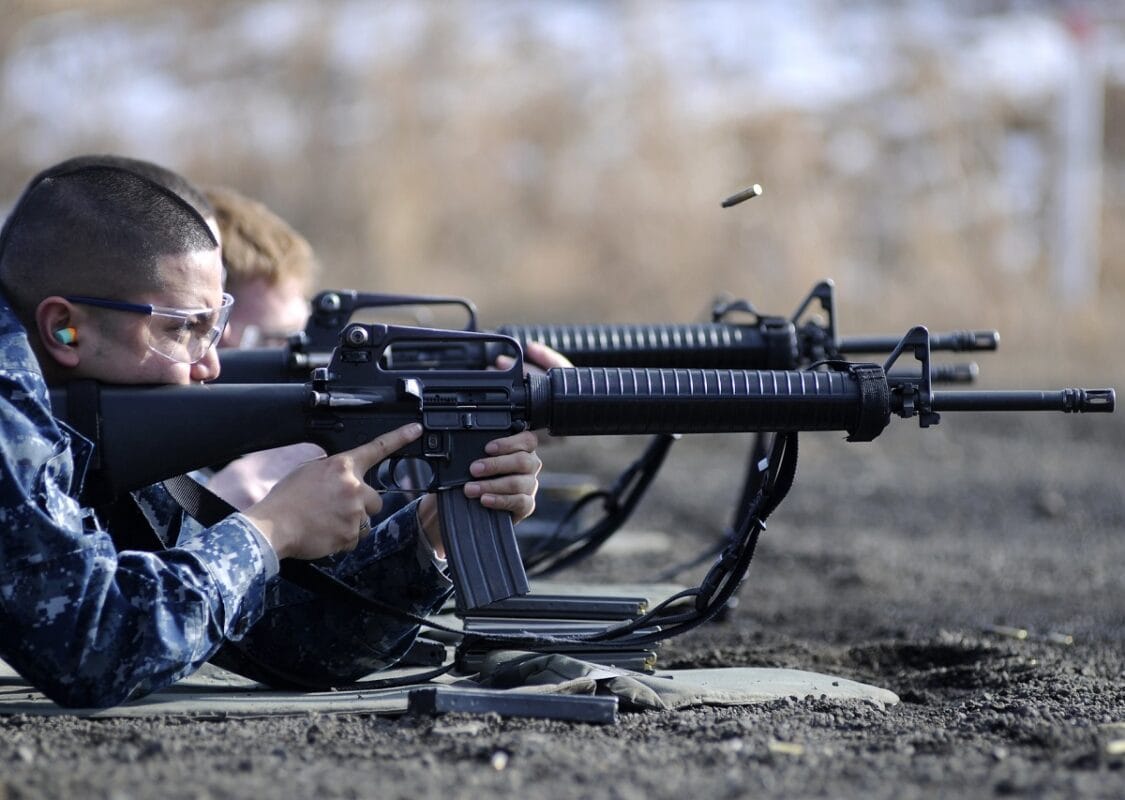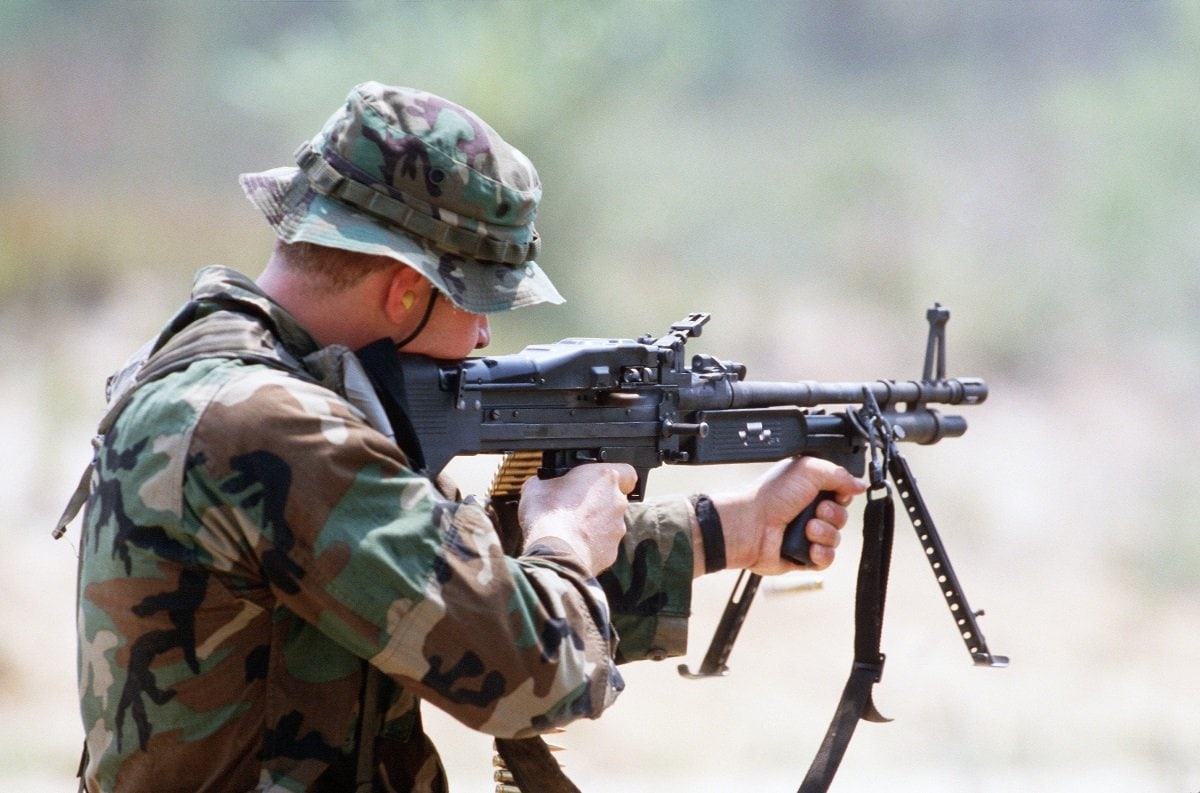US Navy SEALs: Explained in 3 Minutes – Late last year, members of the elite U.S. Navy’s SEAL Team 6 rescued an American citizen who was taken hostage in Niger. Twenty-seven-year-old Philipe Nathan Walton had been taken from his farm in Massalata in southern Niger last Tuesday by armed kidnappers who demanded ransom money from the Walton’s father. Walton was kidnapped from his property by his captors and he failed to provide them with money.
The assailants included six men on motorbikes armed with AK-47s.
According to a report from the MilitaryTimes the captors were believed to be part of an armed group that operates out of Nigeria, but it was not considered terror-related. However, it is not uncommon that hostages held for ransom are sold to terrorist groups in the region.
The mission was carried out by the Special Forces operators before the captives could move Walton further from the border with Nigeria or pass Walton on to a terrorist group. The concern was that if he was sold to an Islamist militant group aligned with either Al-Qaida or ISIS a rescue would be that much more challenging.
The rescue operation involved the governments of the United States, Niger and Nigeria. During the operation SEAL Team Six reportedly killed all but one of the captors.
“U.S. forces conducted a hostage rescue operation during the early hours of 31 October in Northern Nigeria to recover an American citizen held hostage by a group of armed men,” said Jonathan Hoffman, assistant to the Secretary of Defense for Public Affairs.
“This American citizen is safe and is now in the care of the U.S. Department of State. No U.S military personnel were injured during the operation,” added Hoffman. “We appreciate the support of our international partners in conducting this operation. The United States will continue to protect our people and our interests anywhere in the world.”
Then-President Donald Trump thanked the SEALs directly while on the campaign trail.
“I want to thank the special forces,” the President told reporters. “We had a tremendous event happen and really these are incredible people that do this.”
Sea, Air and Land
The United States Navy Sea, Air, and Land (SEAL) Teams, commonly known as Navy SEALs, have been the U.S. Navy’s primary special operations force since their formation in January 1962. The unit is a component of the Naval Special Warfare Command.
Its main function is conducting small-unit special operation missions in a variety of environments including maritime, jungle, urban, arctic, mountainous, and even the desert. SEALs have been tasked with a variety of missions, including operations to capture or to eliminate high level targets, hostage rescue operations and intelligence gathering behind enemy lines.
The origins of the Navy SEALs dates back to the specially organized maritime commando units created during the Second World War. Among the foremost precursor of today’s SEALS was the Pacific Underwater Demolition Teams (UDT), which were formed in December 1943. Additionally, the Navy’s special warfare activity began in August 1942 with the Amphibious Scouts and Raiders.
While for many years the activities of the SEALs was largely shrouded in obscurity, the U.S. Navy SEALs—along with their companion Special Warfare Combatant-Craft Crewmen (SWCC)—have become a ubiquitous component in the on-going war against terrorism around the globe. The units have been in the spotlight following high profile operations including the rescue of Captain Richard Phillips of the Maersk ship Alabama, and the raid at Abbottabad, Pakistan, where Osama bin Laden was successfully killed.

SEAL Team Six. Image Credit: Creative Commons.
Even with a shift in focus to great power competition, the US Navy SEALs will evolve to meet the challenges of an ever-changing and dangerous world.
Peter Suciu is a Michigan-based writer who has contributed to more than four dozen magazines, newspapers and websites. He is the author of several books on military headgear including A Gallery of Military Headdress, which is available on Amazon.com.

